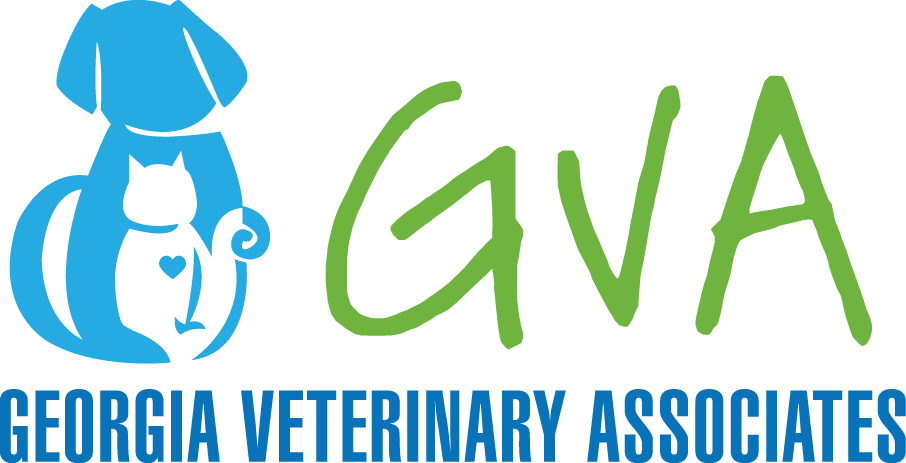Like with the rest of your family, it's a good idea to keep a first aid kit both in your car and at your home in case of emergencies. Having all the tools in one place is going to cut back on valuable time you'll need to help your pet. Remember that pain, fear, and confusion can make pets react out of character for them. Never assume your pet, even if they are commonly calm and friendly, won't lash out in pain. Make sure you and other emergency personnel don't get bit. The use of a soft muzzle, while to you seems unnecessary, may be a needed tool to help quickly and safely assist your pet. In most situations, calmly make your way to the nearest Emergency Veterinarian. Out of control, panicked driving only puts you and your pet in more danger.
Vaccine and medical history: Keeping an up-to-date record of your pet's medical history is a huge help for a Veterinarian in case you are unable to bring them into your normal vet. With our new app PetPro Connect, you can keep your pet's up-to-date records with you at all times!
Muzzle: When your pet is hurt they may react out of character and try to bite. A muzzle is a safety precaution for emergency vets, techs, and other personnel your pet may not know handling their emergency.
Clean towels: Towels can be used to help restrain an injured cat, for clean-up or even padding. Gauze: Gauze can be used to both cover a wound but also as a soft muzzle for an injured pet.
Non-stick bandages or strips of clean cloth: These can be used to wrap a wound and help control bleeding.
Saline solution or Water: Saline can be used to clean wounds. Contact solution works well and may already be in your home.
Important phone numbers: Keep a list of important phone numbers such as your vet's office, the closest e-clinic, animal control, and poison control. You may also keep them as saved contacts in your phone for easy access.
The ASPCA Pet Poison Control Center: 1-800-222-1222, they are open 24/7, 365 days a year.
